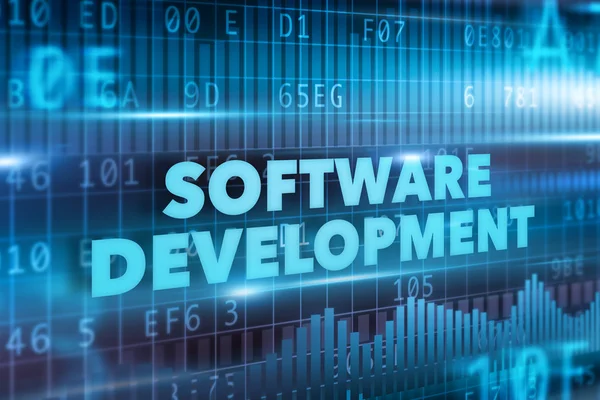Artificial intelligence (AI) is reshaping the way we live, work, and think. From healthcare innovations to smart homes, AI is woven into the fabric of modern society. Understanding what AI is and how it affects our world has become essential for anyone looking to stay informed on today’s technological advancements. In this article, we’ll dive into the basics of AI, its history, types, applications, and the profound ways it is changing our world.
What is Artificial Intelligence?
Artificial intelligence, often abbreviated as AI, refers to systems or machines that simulate human intelligence to perform tasks and can iteratively improve themselves based on the information they collect. Unlike human intelligence, which is a result of biological evolution, AI is the result of technological evolution.




